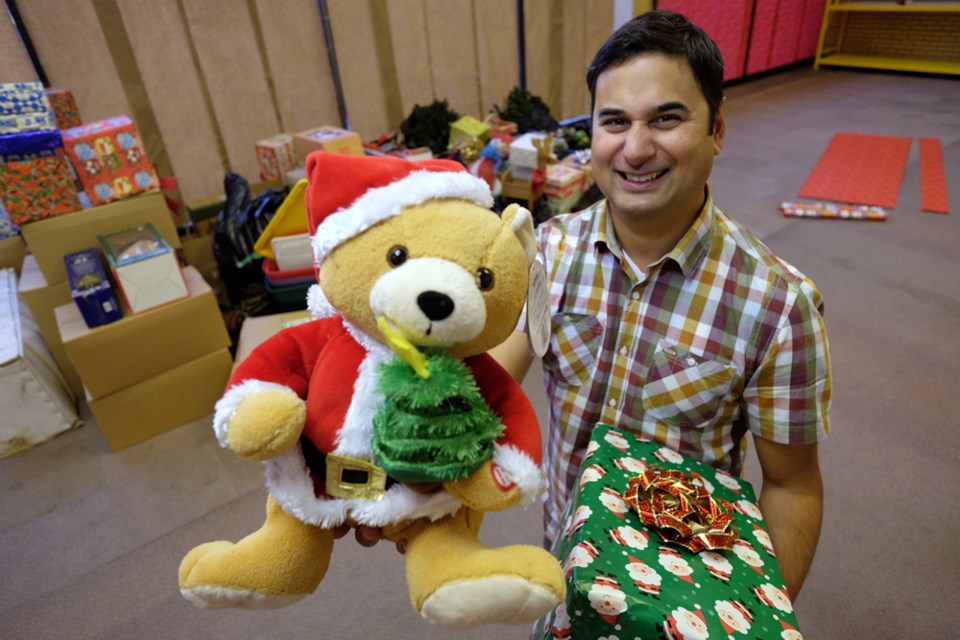Burnaby’s Stephen D’Souza has been tapped to help create B.C.’s first poverty reduction strategy.
The province announced on Monday it had appointed 27 people to a special forum, including D’Souza, the executive director of Burnaby Community Services.
The group – made up of poverty advocates, Indigenous people, folks with lived experiences, academics and representatives from the labour and business communities – will provide their expertise to the poverty reduction minister. They’ll help identify causes of poverty, come up with innovative approaches to reducing poverty and provide advice on legislation, including targets and timelines.
“I’m excited in that I think there’s a real opportunity for progress,” said D’Souza, whose resumé also includes the roles of executive director for Burnaby Meals on Wheels and Burnaby Seniors Outreach, as well as volunteering as a director with the Society to End Homelessness in Burnaby.
B.C. is the only province in Canada without a poverty reduction strategy. It has the highest poverty rate in the country, with 678,000 British Columbians living in poverty, according to a government press release. Meanwhile, 118,000 of B.C.’s poor are kids in low-income families and about 64,000 are seniors.
D’Souza noted he’d like to see “really clear milestones” in the strategy, “for how we can move forward in a non-partisan way to really reduce poverty and improve people’s lives.”
He cited a number of anecdotes from his own experience on the frontlines, ones that paint a “diverse” picture.
“It can be from a working family that just can’t find an opportunity to get ahead. ... Then there’s seniors on fixed incomes who see cost of living around them rising and rising and have no ability to absorb that cost. And newcomers coming into our community with skills and knowledge they aren’t able to use,” he told the NOW. “We see them in lines at the food bank. We see them in lines at the Christmas Bureau.”
The public can engage in the process, too.
A website – engage.gov.bc.ca/BCPovertyReduction – has been set up to gather feedback. Meetings will also be held in 20 communities in B.C. (those dates and locations will be announced at a later date).



